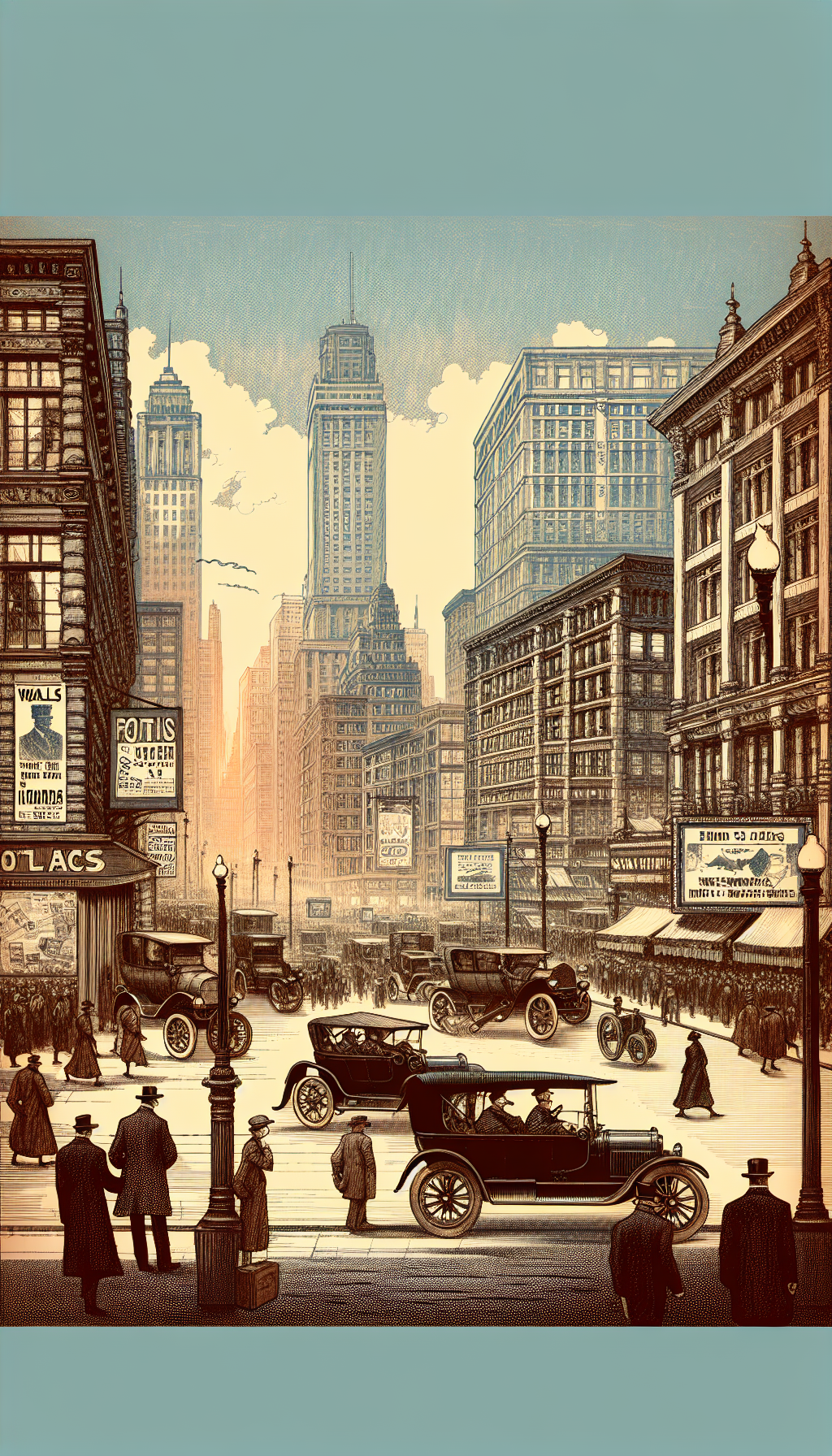It’s here, it’s now, and it’s dramatically changing the way our society runs. From enhancing communication channels to refining decision-making processes, digitalization is proving its worth in today’s modern political arena.
Digitalization has permeated every facet of life, and city politics is no exception. The transformative power of digital tools and platforms has revolutionized how city policies are conceived, implemented, and evaluated. It has reshaped how politicians engage with constituents, and how the public accesses and interacts with political information.
For starters, consider the dramatic shift in the way political campaigns are run. Previously, campaigns heavily relied on traditional methods such as direct mail, TV advertisements, and door-to-door canvassing. Today, digital platforms have usurped these strategies, providing a more cost-effective, efficient, and far-reaching alternative.

Social media platforms like Twitter, Facebook, and Instagram are now crucial campaign tools that allow politicians to reach a wider audience, engage with constituents directly, and deliver their messages more efficiently.
These platforms also provide voters with a more accessible avenue to connect with their representatives and voice their concerns or support.
Moreover, digital platforms are increasingly playing a pivotal role in the decision-making process. Politicians are leveraging digital tools to gather and analyze data, making their decisions more informed and accurate.
From assessing public sentiment through online surveys to analyzing trends using Big Data, digitalization is enabling politicians to make evidence-based decisions that genuinely reflect the needs and desires of their constituents.
Digitalization has also transformed the public’s access to political information. With just a few clicks, citizens can now access a wealth of information about their representatives, proposed policies, and city plans. This improved access to information empowers citizens to actively participate in city politics, fostering a more engaged and informed citizenry.
But while the benefits are crystal clear, it’s important to acknowledge the challenges that come with this new digital era. Issues such as data privacy, digital divide, and misinformation are significant hurdles that need to be addressed.
Protecting citizens’ data is a pressing concern in a world where information is increasingly digital and interconnected. It’s vital for city governments to implement robust data protection measures and educate the public about the importance of online privacy.
The digital divide is another critical issue. Despite the rapid digitalization, a significant portion of the population still lacks access to digital tools. This digital divide often exacerbates social and economic inequalities, a challenge that city governments must tackle head-on.
Lastly, the issue of misinformation is one that city politics has grappled with in the digital age. The ease with which misinformation can spread online poses a significant threat to political discourse and decision-making processes.
There’s no denying that digitalization is changing the face of city politics. But as with any significant change, it presents both opportunities and challenges. By harnessing the power of digital tools and mitigating the associated risks, we can create a more connected, transparent, and democratic political landscape.
By constantly evolving with these digital trends and addressing the accompanying challenges, we can ensure that city politics remains responsive, inclusive, and effective in serving the public’s best interests. After all, in the realm of city politics, staying ahead of the curve is not just advantageous — it’s crucial.